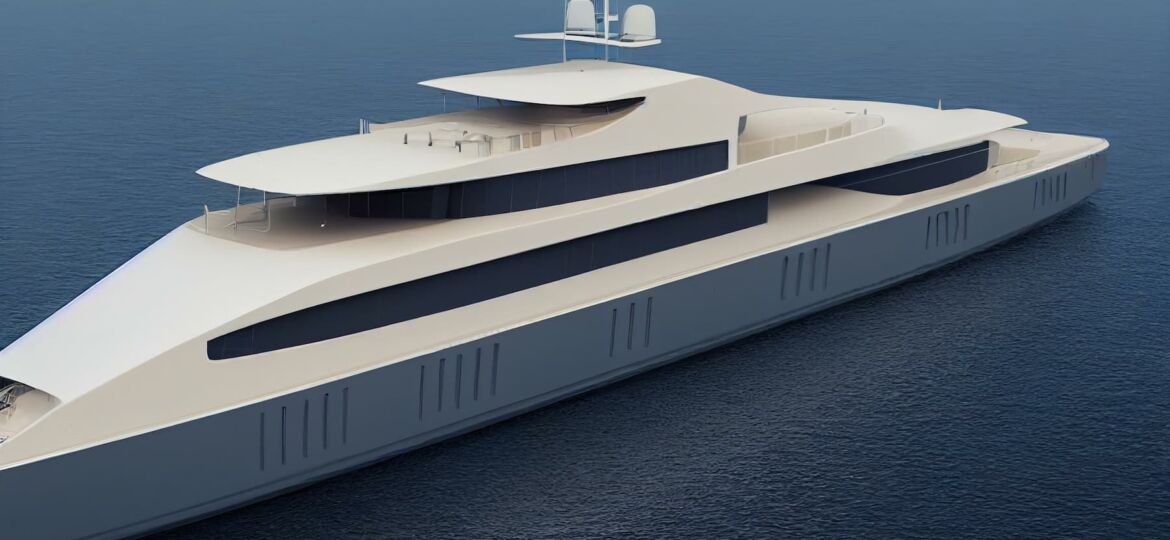
Setting Sail with Neutrinovoltaic: The Future of Eco-Friendly Marine Transportation
The Neutrino Energy Group, renowned for its innovative research in renewable energy, is revolutionizing the future of marine transportation with its Nautic Pi project. The Neutrino Energy Group has been developing Neutrino Power converters, which generate electricity by harnessing the kinetic energy of invisible radiation.
Led by CEO Holger Thorsten Schubart, the Neutrino Energy Group leverages the groundbreaking properties of trilayer graphene superconducting material to convert kinetic energy into electricity. The conversion process involves the use of ultrathin layers of graphene to produce a resonance from passing invisible radiation. When elementary particle radiation strikes the nano-sized silicon and graphene attached to a substrate, a harmonic resonance process occurs, which is then recorded by an electrical conversion device.
The Nautic Pi project will benefit from advancements in quantum technology and artificial intelligence (AI) to optimize the development and deployment of sustainable maritime transportation solutions. Quantum technology will provide researchers with valuable insights into the behavior of elementary particles and their interactions with materials at a quantum level. AI will accelerate research and development by providing advanced simulations, data analysis, and decision-making capabilities.
The Neutrino Energy Group aims to transform the marine and automotive industries by incorporating cutting-edge metamaterials into the design of the Nautic Pi technology. This will not only increase energy efficiency but also reduce the environmental impact of transportation.
In an interview, Holger Thorsten Schubart discussed the development of Neutrinovoltaic technology, which is similar to Photovoltaic technology but without its critical shortcomings. Neutrinovoltaic technology has been developed by an international team of scientists led by Schubart, who has faced skepticism from the scientific community regarding the applicability of the new findings.
The Neutrino Energy Group’s efforts have led to contracts for the construction of production plants in various countries and the anticipated launch of the first plant in Switzerland in late 2023 or early 2024. The Swiss plant plans to mainly produce Neutrino Power Cubes, net-fuel-free generators with a capacity of 5-6 kW.
With the scientific community now more open to the concept of harnessing radiation fields as a source of limitless electricity, Schubart and his team are making significant strides in the development of Neutrinovoltaic technology. The Neutrino Energy Group is committed to providing sustainable energy solutions, and the Nautic Pi project is a testament to their dedication to creating a cleaner, greener future for marine transportation.

